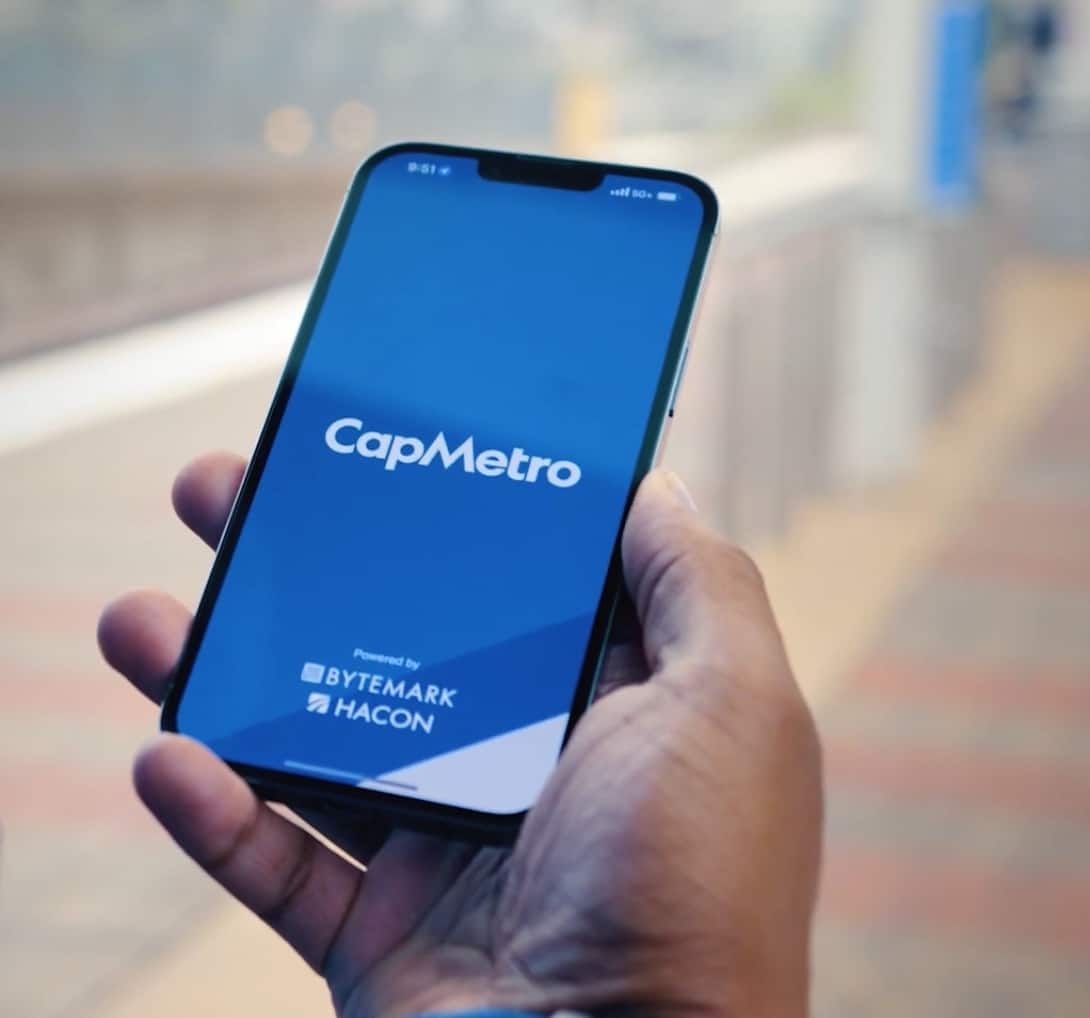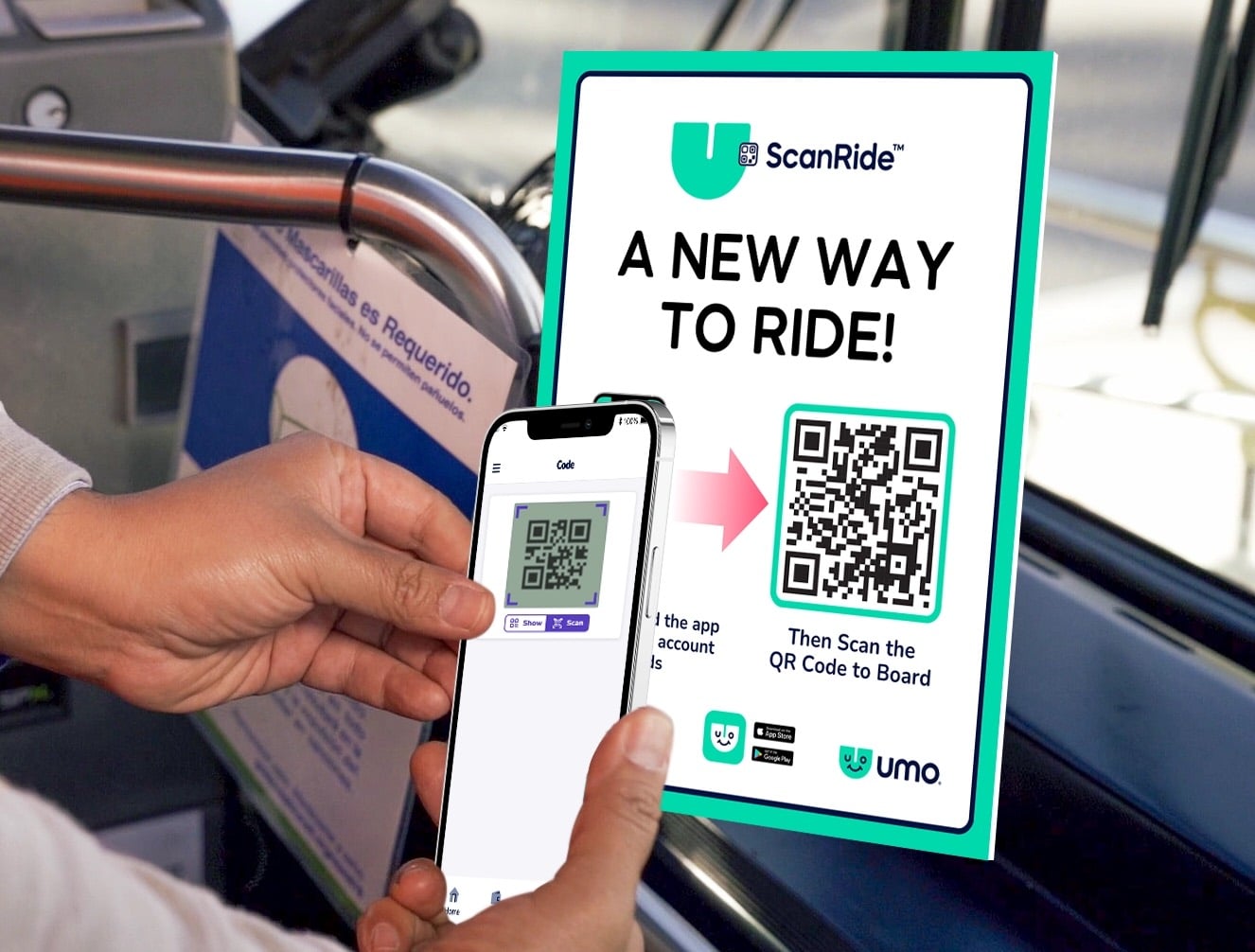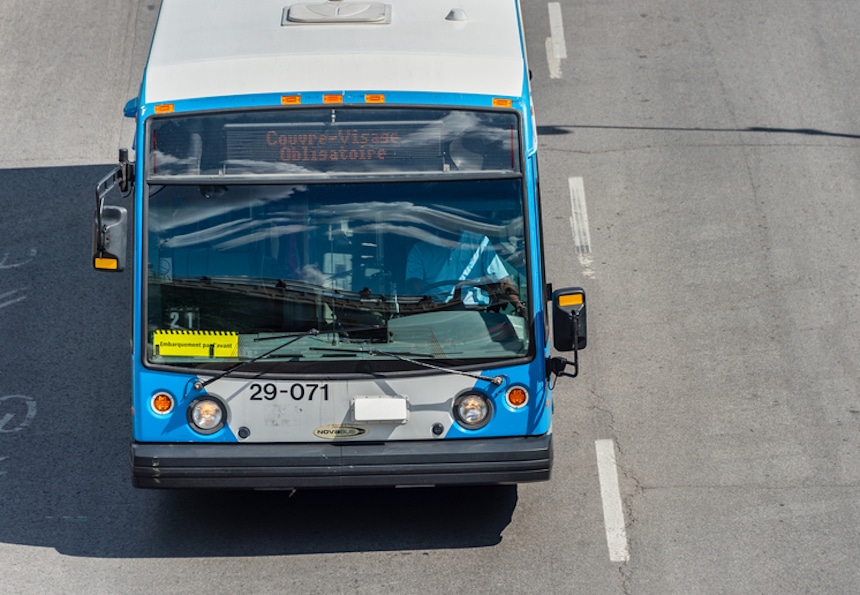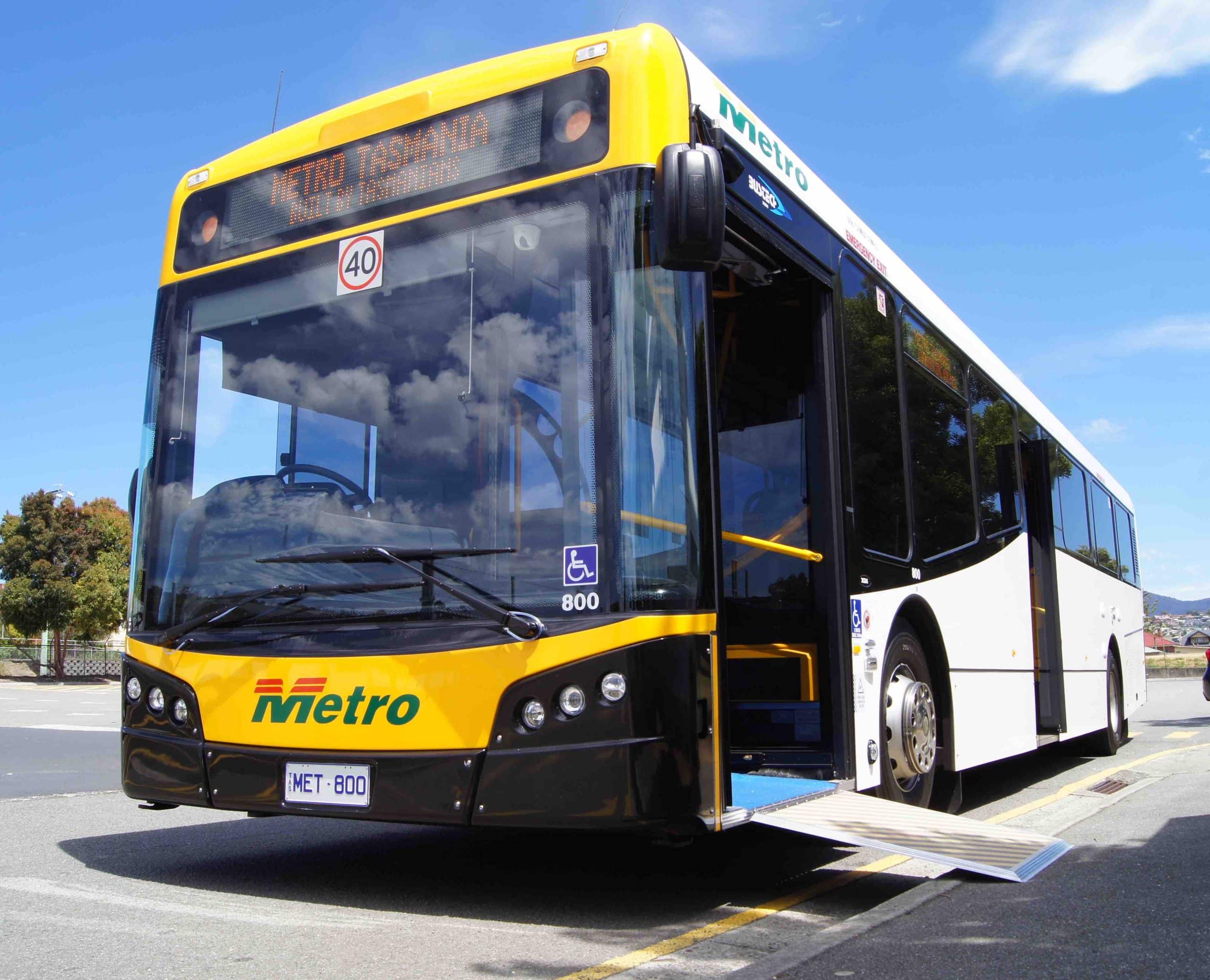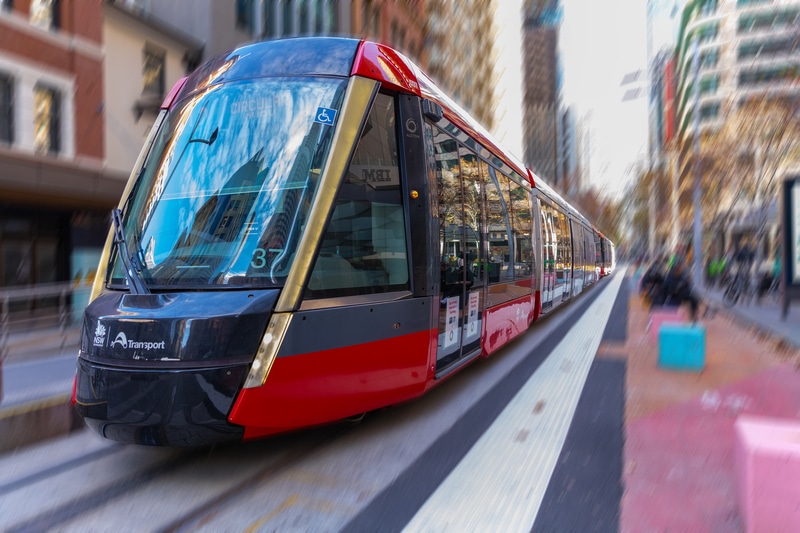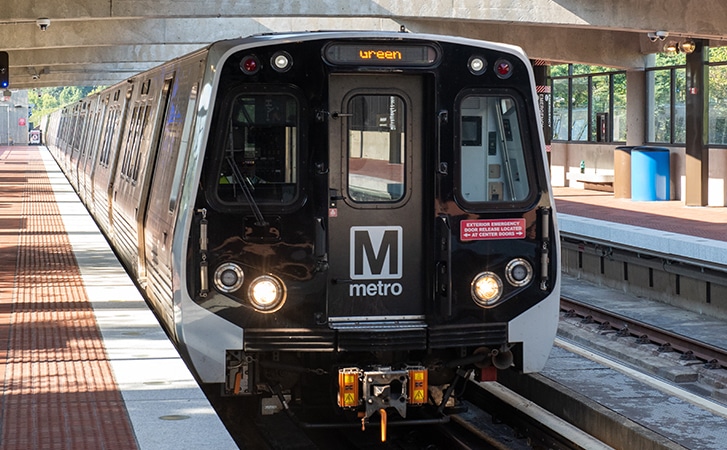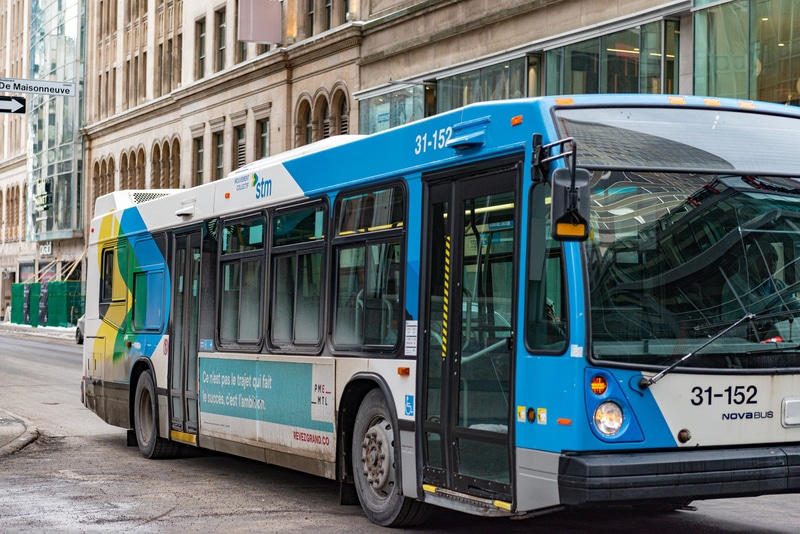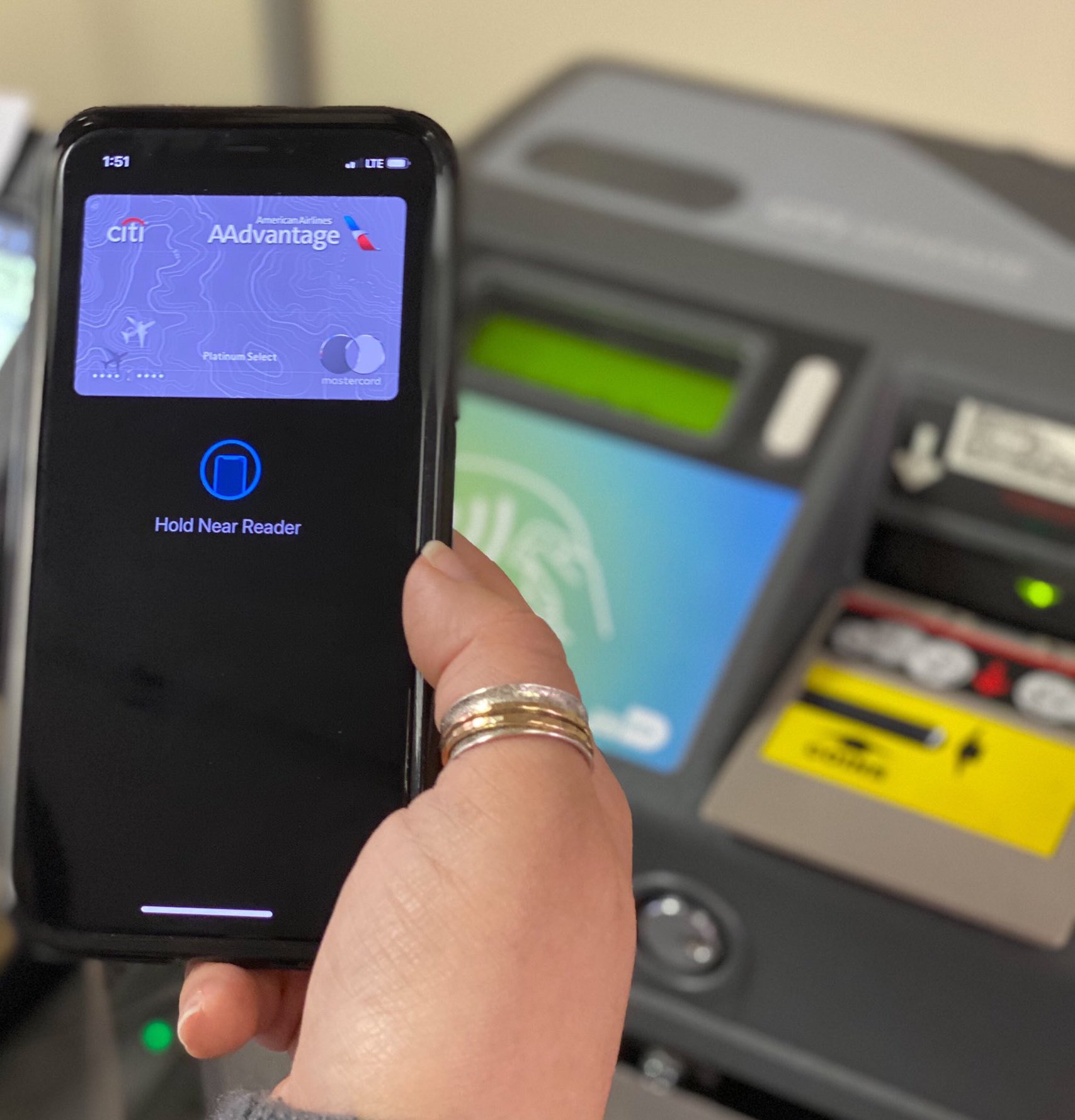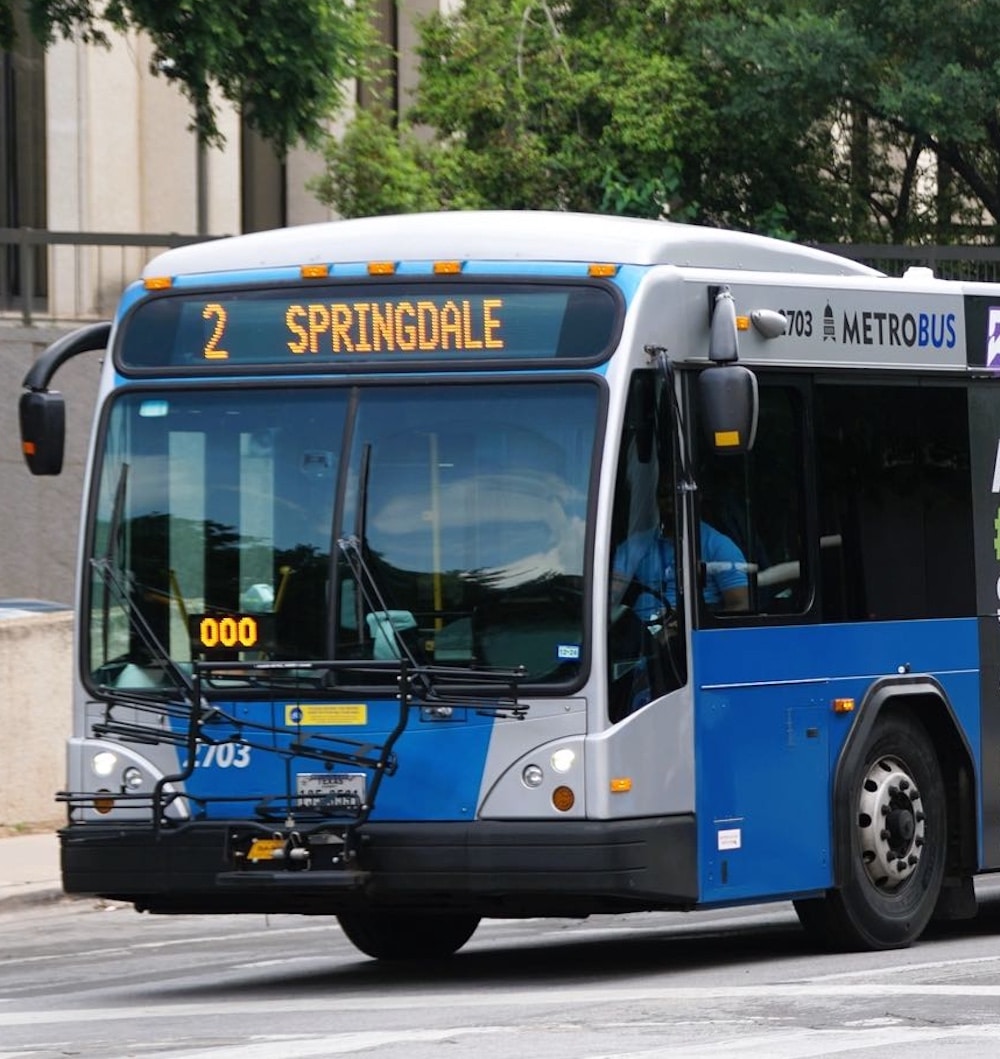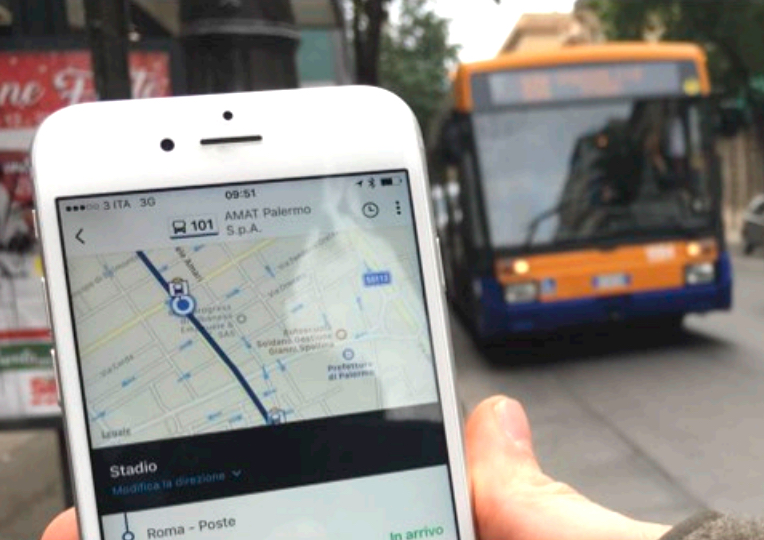
Article Highlights
The Cubic-Moovit agreement appears to focus mainly on enabling Cubic to provide a more attractive white-label mobile apps to its transit agency customers, combining Moovit’s trip-planning platform and huge transit data repository with Cubic’s fare collection and payments expertise, along with its account-based ticketing back office technology and its real-time vehicle and passenger data.
Moovit, which describes itself as the “maker of the world’s most popular urban mobility app,” has hundreds of millions of users across more than 3,000 cities in nearly 100 countries.
• Moovit
• Cubic Transportation Systems
U.S.-based Cubic Transportation Systems and Israel-based trip planning app provider Moovit, now owned by Intel, have expanded their partnership to develop mobile services for transit agencies, seeking to enable transit customers to “look, book and pay” for multimodal journeys.







